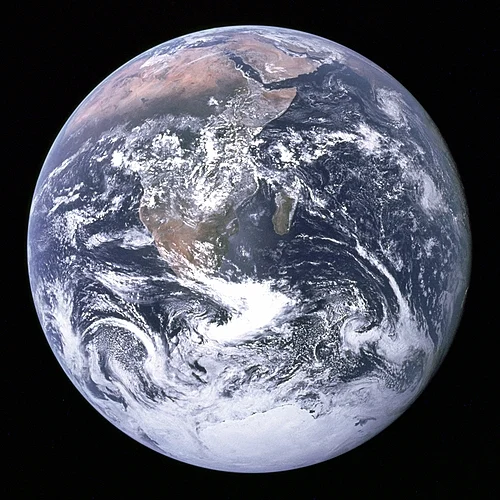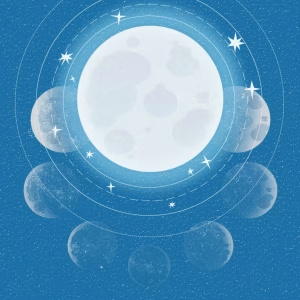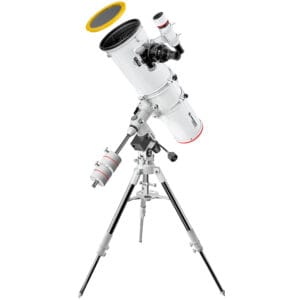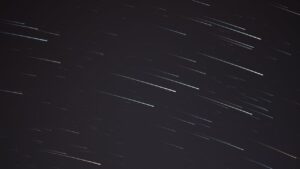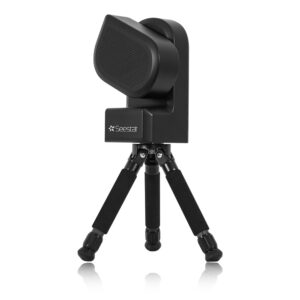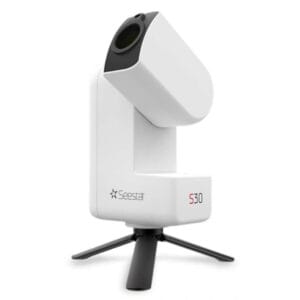Imagine this: you dig in your garden and find a stone. How old do you think it is? A hundred years? A thousand? What if that stone is older than the oldest book, the oldest animal - even older than the mountains? That raises a bigger question: how old is the earth anyway?
That seemingly simple question once stirred entire fields of science. What began with conjecture eventually led to one of the most accurate and influential scientific breakthroughs of the 20th century.
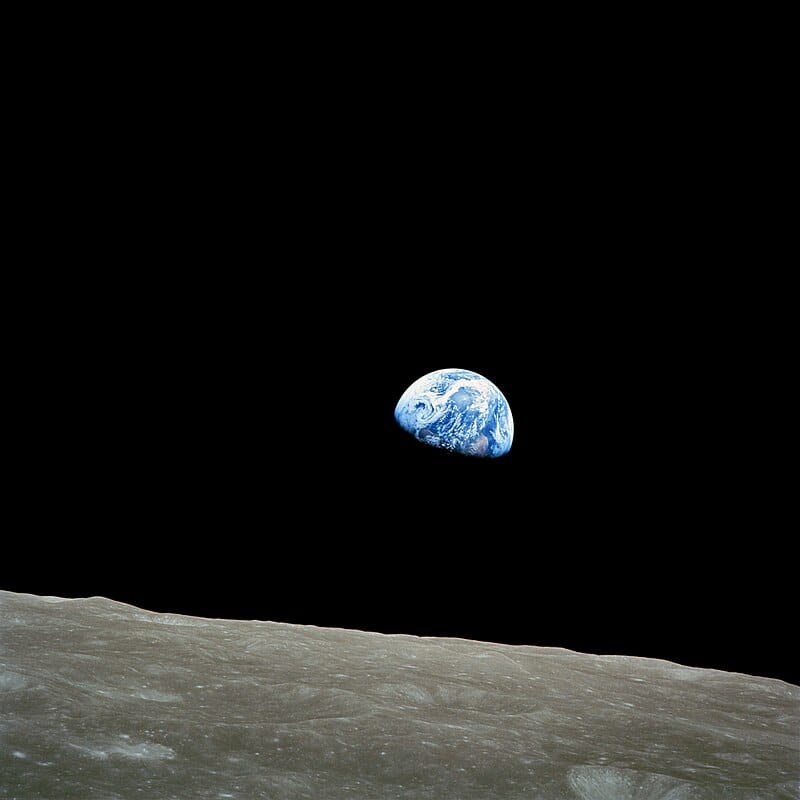
Early estimates: iron balls and cooled planets
For centuries, people based their idea of the age of the earth on religion or intuition. In the 18th century, French scientist Georges Leclerc tried a scientific approach. He heated iron balls and measured how long they took to cool. Applying that data to Earth, he arrived at ... 75,000 years.
A nice start, but completely wrong.
Around 1860, Lord Kelvin (then William Thomson) made a new estimate: he considered the earth to be a cooling sphere and came up with 20 to 400 million years. But even that proved wrong - for he did not take into account radioactive decay, a heat source unknown at the time.
The discovery of radioactive decay: Earth's time mechanism
When it became clear in the early 20th century that some elements decay spontaneously, giving off heat, everything changed. These radioactive isotopes - such as uranium - decayed at a predictable rate, the so-called half-life. This allows scientists to determine the age of rocks based on the ratio of parent and daughter isotopes.
But to do that correctly, you need more than just rocks.
The genius behind the answer: Clair Patterson
The final breakthrough came from an American chemist: Clair Patterson. He wanted nothing less than to find out the exact age of the earth, using uranium-lead dating. For this he used the mineral zircon - a type of crystal that contains uranium but virtually no lead. That means every bit of lead in it had to come from radioactive decay.
Sound simple? Not exactly. Patterson soon discovered that pollution affected his measurements. Even the dust in his laboratory contained lead - from pipes, paint, and most importantly: car exhaust. It took him five years to develop the world's first lead-free laboratory build.
Only then did he succeed. And with a meteorite, which had been preserved since the birth of the solar system, he made the measurement:
👉 Earth is 4.54 billion years old.
Why do we measure meteorites?
You may be wondering: why do we use meteorites to measure the age of the Earth?
Simple: the earth itself is dynamic. Earth's crust is constantly being destroyed and reshaped. But meteorites are like frozen time capsules - they formed at the same time as Earth, but have barely changed. By dating them, we effectively date the entire solar system.
From stardust to telescope
That brings us to the cosmic perspective. Earth is old - but it is a child compared to some of the stars in the universe. With modern smart telescopes like the DWARF 3 Whether the Vespera II, you can see objects that were created billions of years ago. When you look at the Andromeda Nebula, you can see light that was 2.5 million years away.
So you are literally looking back in time.
What does this knowledge mean?
Know how old the earth is, is changing how we look at our planet. She is not a young set in a temporary play - she is an ancient world, formed in stardust, forged in fire, and still moving today.
Every rock, every mineral, every grain of sand tells a story of billions of years.
Join the journey of discovery
Are you curious about the origins of the universe? Want to look for yourself at stars, nebulae and asteroids as old as Earth? Then check out our smart telescopes. These instruments bring the past closer than ever.
Want to look back in time yourself?
View our range of telescopes for beginners and advanced. and begin your journey through 4.5 billion years of cosmic history.

